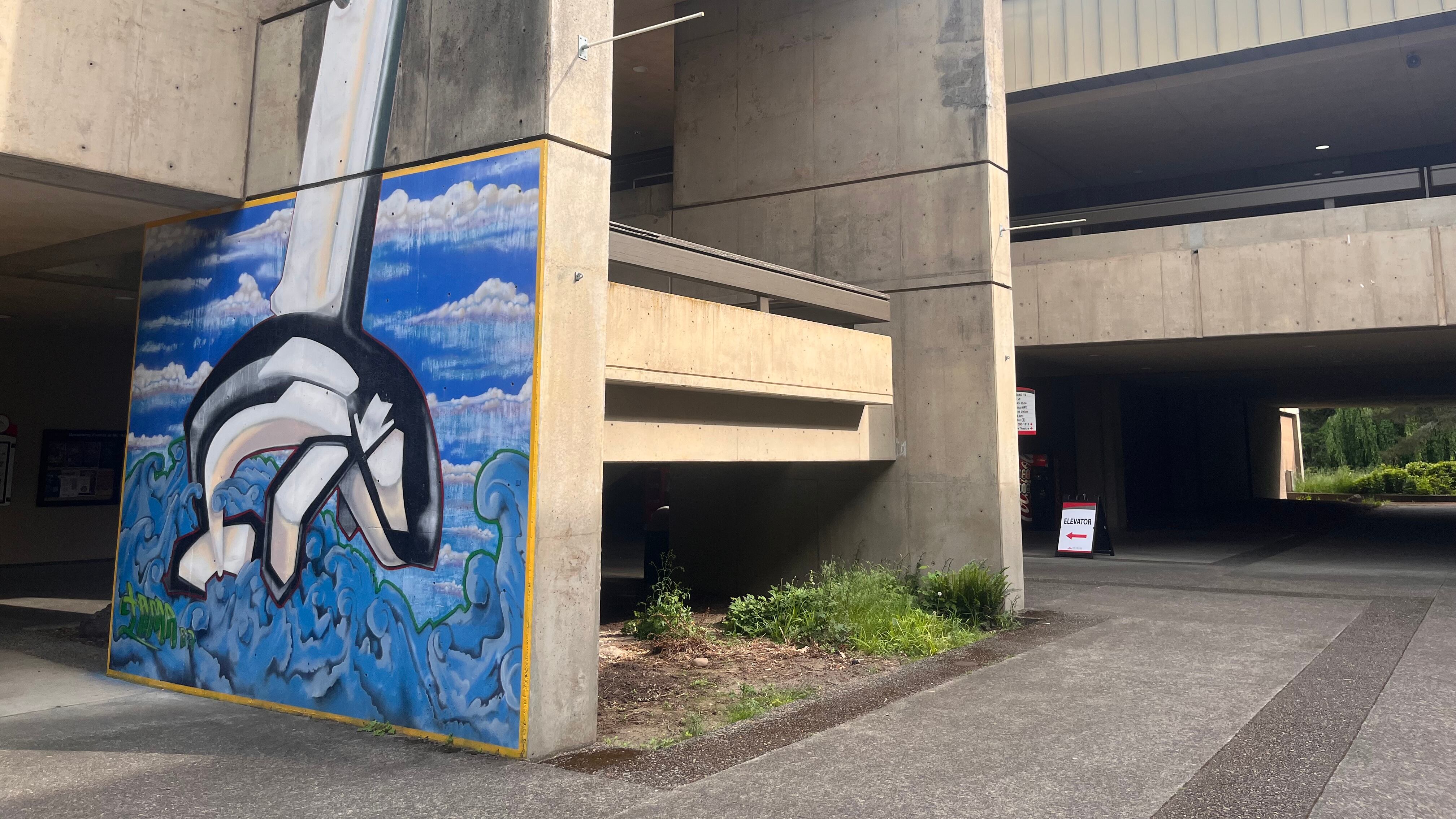After WW published endorsements April 30, readers pointed out that we’d ignored a key issue on many ballots in East Portland: a $136 million bond measure for Mt. Hood Community College. They were right to take us to task. So we held another interview, and you’ll find our recommendation below. Ballots must be mailed or dropped off by 8 pm Tuesday, May 20.
Ballot Measure 26-258
Mt. Hood Community College Bond
Yes
It’s been 50 years since Mt. Hood Community College last obtained voter approval of a bond measure. Not for lack of trying: The college has gone out for a bond six times since 1974, and been rejected each time. This spring, it has made another attempt to improve the facilities of a campus that served 19,000 students last year.
MHCC’s catchment area stretches from Parkrose and David Douglas school districts in the west end of Multnomah County to Government Camp in the east, and students are showing up to the community college to find stable career paths. Given that responsibility, the college has put up a fiscally sensible plan, one that is in line with similar projects in the region and reasonable given its enrollment. We encourage voters to pass it.
The measure would raise $136 million by adding 25 cents per $1,000 in assessed property value to the tax bills of people living in the catchment area. The revenue would fund improvements in four key categories.
About $51.4 million would expand, renovate and centralize professional health programs, and update career technical education classrooms and labs. Another $33.3 million would go toward securing the campus, including seismic retrofits and an electronic lock system. About $23.3 million would go toward repairing aging facilities, and $28.5 million would be allocated for upgrades to better serve the community, like accessibility and wayfinding. (Andrew Speer, co-chair of the MHCC bond campaign and vice chair of the board, says these are estimates, and subject to change.)
The improvements are specifically crafted to reflect what the administration expects the college will need in the coming decades. During our endorsement interview, MHCC president Lisa Skari said the college is attracting students to its career technical programs and seeing tremendous growth in health care, especially: registered nursing, dental hygiene and physical therapy. Those programs give back to the surrounding community.
Career technical programs are a growing niche unique to community colleges. Their appeal is growing as costs for four-year degrees balloon, raising questions about their value. And for every public dollar MHCC receives, its average return to the surrounding community is $1.60, Skari says.
Unlike some colleges in the region, which have seen drastic declines in enrollment since the COVID-19 pandemic, MHCC’s enrollment has gradually increased since the 2021–22 school year. Skari expects MHCC to reach pre-pandemic enrollment levels next year, no small feat as K–12 enrollment across Oregon shrinks.
The MHCC bond is similar in size to comparable community colleges. Clackamas voters approved a $120 million bond renewal in November. Chemeketa Community College, based in Salem, will float its own $140 million bond this month. And MHCC’s offering is a fraction of the record $450 million bond Portland Community College passed in November 2022.

MHCC has tried to sell bonds several times since passing its last one in 1974. The college last pushed for a bond in May 2017, coming back shortly after a failure in May 2016. This time, it’s stepped back and worked harder to engage the community, pitching MHCC as a key player in the east county economy. The college has also developed a comprehensive facilities master plan that outlines improvements. If the bond passes, Skari promises to establish a bond accountability committee, based on best practices, to ensure the money goes toward its intended projects.
Tax measures are a tougher sell in east county, where voters have less disposable income and are wary of adding to their bills. (Witness the failure of the Parkrose Teachers Levy in November.) The only group formally opposing the bond is the Taxpayers Association of Oregon, which says COVID-related enrollment declines and rising tuition make it a nonstarter. But post-pandemic enrollment is on the rise and may increase with a shaky economy (community college tends to grow more popular during economic downturns). And with most of the dollars allocated toward reasonable repairs, we think this bond is a good investment. Vote yes.

